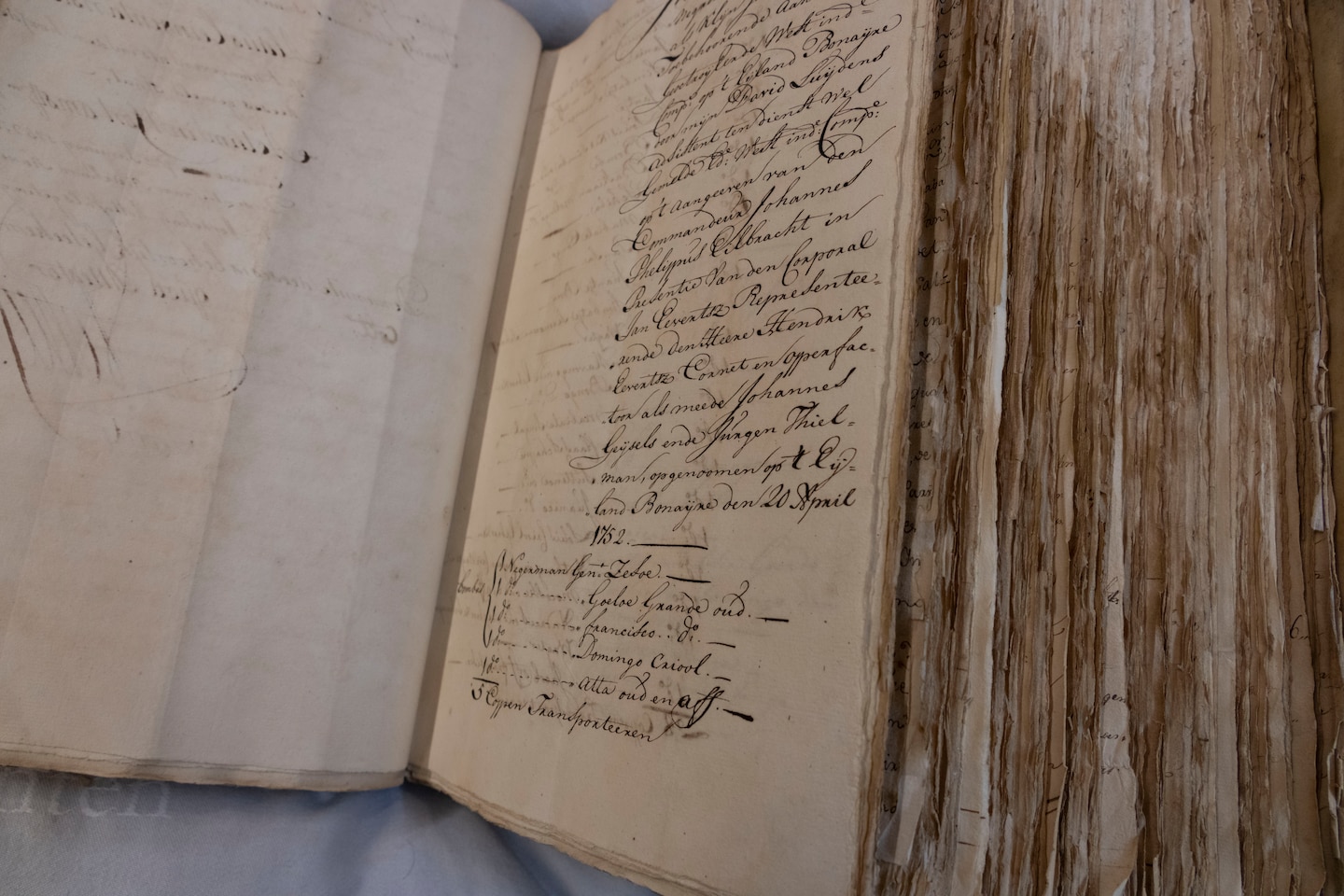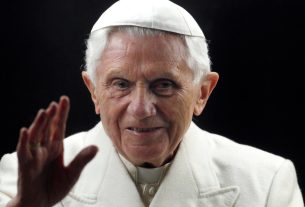By 1814, more than 600,000 enslaved African people were shipped to the Americas, mostly to Suriname on the northern coast of South America, by Dutch slave traders, Rutte said. In Asia, potentially more than 1 million were traded in areas under the Dutch East India Company.
In his roughly 20-minute speech, Rutte outlined a brief history of the slave trade and his personal change in thinking about apologies, before offering one:
For centuries, the Dutch State and its representatives facilitated, stimulated, preserved and profited from slavery.
For centuries, in the name of the Dutch State, human beings were made into commodities, exploited and abused.
For centuries, under Dutch state authority, human dignity was violated in the most horrific way possible.
And successive Dutch governments after 1863 failed to adequately see and acknowledge that our slavery past continued to have negative effects and still does.
For that I offer the apologies of the Dutch government. Today I apologize. Awe mi ta pidi diskulpa. Tide mi wani taki pardon.
He offered his apology to enslaved people in the past, as well as their descendants. He said the apology will be echoed in seven other places where the consequences of slavery are most visible, including Suriname, Curaçao and St. Maarten.
He added that the government will create a fund for social initiatives in the Netherlands and Suriname that will aim to give the history of slavery the attention and action it deserves. The Associated Press reported that it will be a 200 million-euro ($212 million) fund.
Some activist groups had wanted the apology to come from the Netherlands’ king, and on the 160th anniversary of abolition, Reuters reported. Others called out insufficient consultation with activist groups. Rutte appeared to acknowledge this resistance when he said he knew there was no “one good moment for everybody” to make this apology.
Rutte also said he wanted to be open about his personal change in thinking on historical apologies: For a long time, he said, he thought the people of today “could not easily take meaningful responsibility for something that happened so long ago.” However, he said he realized that slavery was not something behind us, and that the centuries of oppression still have an effect today, listing discriminatory exclusion, social inequality and racist stereotypes.
“It is true that no one alive now is personally to blame for slavery,” he said, adding that it is also true that the Dutch state bears responsibility for the suffering.
He said a year of commemoration will start on July 1, the 160th anniversary of when the Netherlands abolished slavery. On that date, the king, who Rutte said “feels very engaged with this subject,” will attend the commemoration ceremony, he said.
The apology in part stems from a report from a government-appointed advisory board, published last year, that recommended a government apology with specific language about recognizing that the slave trade was a crime against humanity occurring under Dutch authority.
Rutte said Monday that people must condemn slavery “as a crime against humanity — as a criminal system which caused untold numbers of people untold suffering.”
He pointed to the national archive’s records on slavery, including books that list the names and some details of enslaved people as registered by their enslavers. “The records are dry and concise, businesslike and systematic, which makes them all the more shocking,” he said. He added that the government, and he personally, hopes that the apology and commemoration will “fill the empty pages that lie ahead with dialogue, acknowledgment and healing.”



